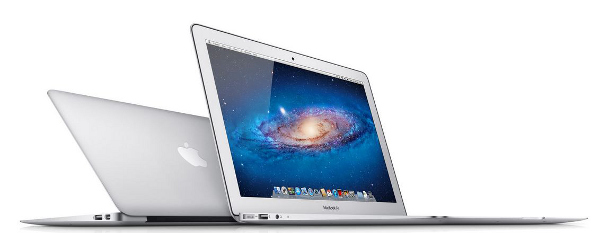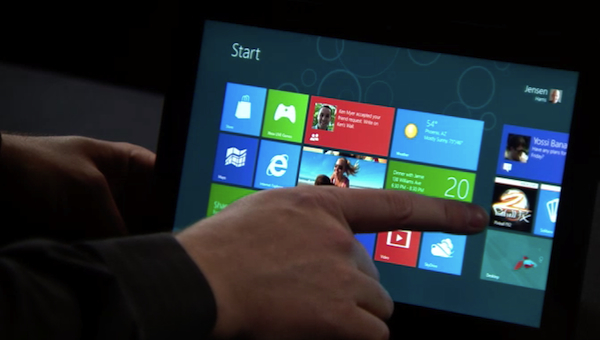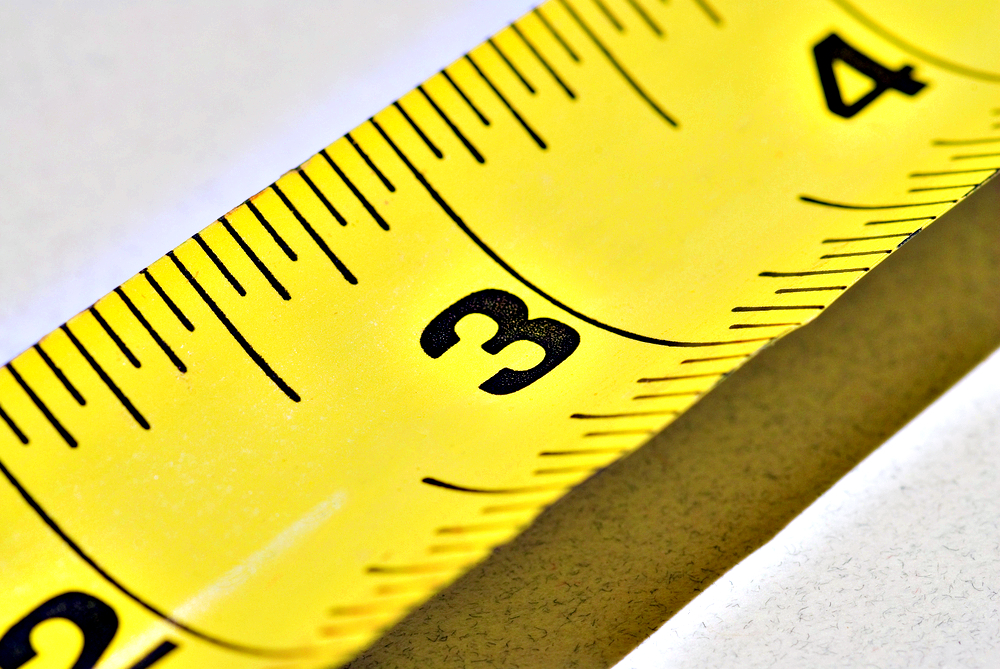
Cloud IT management service Panorama9 launches Linux and Mac support
Cloud-based asset management platform Panorama9 officially launched support for Linux and Mac OS machines on Wednesday, broadly increasing the amount of hardware covered in the still very young IT management dashboard.
Panorama9, a new player in the enterprise services space, provides IT asset and network management as a non-contract, subscription-based service beginning at $1.50 per user per month. The company claims it can be set up and deployed in as little as five minutes.

Is your Workplace adopting Apple products?
Mac OS virtualization software company Parallels on Tuesday revealed a new crowdsourced project called the "Apple-in-the-Workplace Barometer", which lets users fill out a questionnaire about their workplace to create an overall view of how the business world is changing in terms of Mac adoption, acceptance of personal devices ("BYOD"), and of course, use of desktop virtualization.
The project tracks responses from IT professionals, managers, and knowledge workers, and plots their responses on an X-Y axis of Apple Support (current mobile policies) over Apple Adoption (opportunities for expansion). It is broken into four quadrants, "Players" versus "Laggards" and "Leaders" versus "Rookies." Obviously because it's a project from Parallels, it is primarily interested in creating a clearer picture of Apple's place in enterprise today.

PC-era dinosaurs: Beware the BYOD Extinction Level Event
Ah! Life in paradise. As the literal incarnation of the mythical "guy who ran away to a tropical island", I've had the joy of returning to my once primary (and now mostly vacation) home in the United States only to discover all of the things that can go wrong with an empty house in the Florida heat (this time, it was a failed A/C compressor -- ugh!).
However, I've also had the opportunity to revisit many of my core IT beliefs from the perspective of a relative outsider living in the slower-paced world of coconuts, litches and 2Mbps ADSL connections. Basically, my geographic isolation has forced me to take the long view on new technology trends. Which is why I'm so excited about the potential of BYOD: I see the emergence of the Post-PC phenomenon as a truly disruptive force that will forever change how people view "computers".

BYOD apocalypse deniers suffer from post-PC depression
It’s a form of denial. In my recent post on the Office team dissing Windows 8, I noted how the lack of full touch support in Office 2013 undermines Microsoft’s efforts to break into the Post-PC space. And while I expected some push back from the Redmond choir, I was surprised at how many readers seem to be having a hard time accepting the reality of the Post-PC phenomenon.
Simply put, the PC as a technology driver is dead. Yet some people -- most notably, IT professionals who fear the coming BYOD apocalypse -- are determined to prop-up the corpse, slap some lipstick on those rotting lips and pretend that it’s still 2009.

Take Information Superiority over employee-owned devices to secure the mobile enterprise
The battle for your network revolves increasingly around Information Superiority. When your network is breached, the attackers leverage Information Superiority -- they know something you don’t about your environment and they’re using that to gain access to your network and digital assets.
Unfortunately the typical organization doesn’t know enough about its environment to effectively defend it. Perhaps nowhere is this lack of Information Superiority more apparent than in the mobile enterprise. A study conducted by IDC finds that 40 percent of IT decision makers say that workers access corporate information from employee-owned devices, but in stark contrast more than 80-percent of employees indicate they access corporate networks this way. To protect our corporate assets we need to close this gap.

What if Windows 8 fails?
It’s the hypothetical scenario many IT pros try to ignore: What if Microsoft’s Windows 8 launch is a dud? What if Surface is a flop, the $40 upgrade promotion fizzles and all of those slick new Windows RT tablets don’t fly off the shelves?
Given today’s consumer-driven BYOD IT culture, it’s a very real possibility. The Windows ecosystem simply doesn’t hold the gravitas it once did, with users finding every possible excuse to cut the enterprise cord and dump their clunky old IT-issued laptops and desktops. It’s like the cold war-era Soviet Union facing off against Western society: Once the populace got a taste of Levis and free speech, there was no holding them back.

Is Microsoft trying to kill BYOD?
IT news comes in fast. Sometimes it takes us a while to process it all. In the blur of competing headlines, critical trends become obscured, and seemingly disconnected events -- when viewed through the prism of a few days rest and a good cup of tea -- can suddenly seem interrelated.
Consider the past two weeks. First, Microsoft drops the Surface bombshell, including news that only one of the devices -- the Windows RT version -- will be ready in time for the holidays. Then, on the heels of much hand wringing over Google’s Nexus 7 and its impact on the BYOD movement, PC stalwart Hewlett Packard reveals that it won’t be shipping any Windows RT tablets, at least not in the short term. Again, seemingly disconnected events -- yet when you pull them all together they lead to one inexorable conclusion: Microsoft hates BYOD.

Nexus 10: Three extra inches of BYOD Hell
It’s relentless. Just when my psyche was beginning to recover from the Nexus 7 bombshell, here comes the Nexus 10. A rumored upsized-version of Google’s recently announced reference platform, the Nexus 10 will be to the iPad what the Nexus 7 is to the Kindle: An immediate, existential threat pounding on the gates of Fort Cupertino.
To Apple, the thought of an ultra-cheap (think sub-$300), 10-inch iPad fighter must send chills down CEO Tim Cook’s spine. But to me, the Nexus 10 represents something much worse: Three extra inches of BYOD hell for enterprise IT shops.
